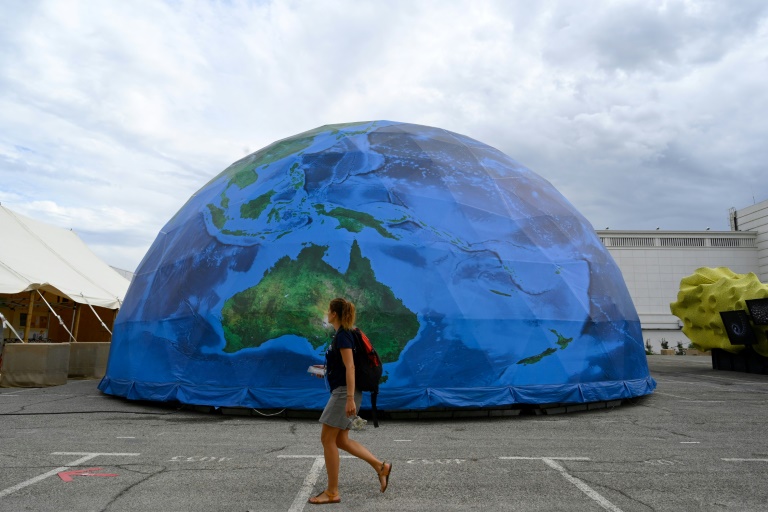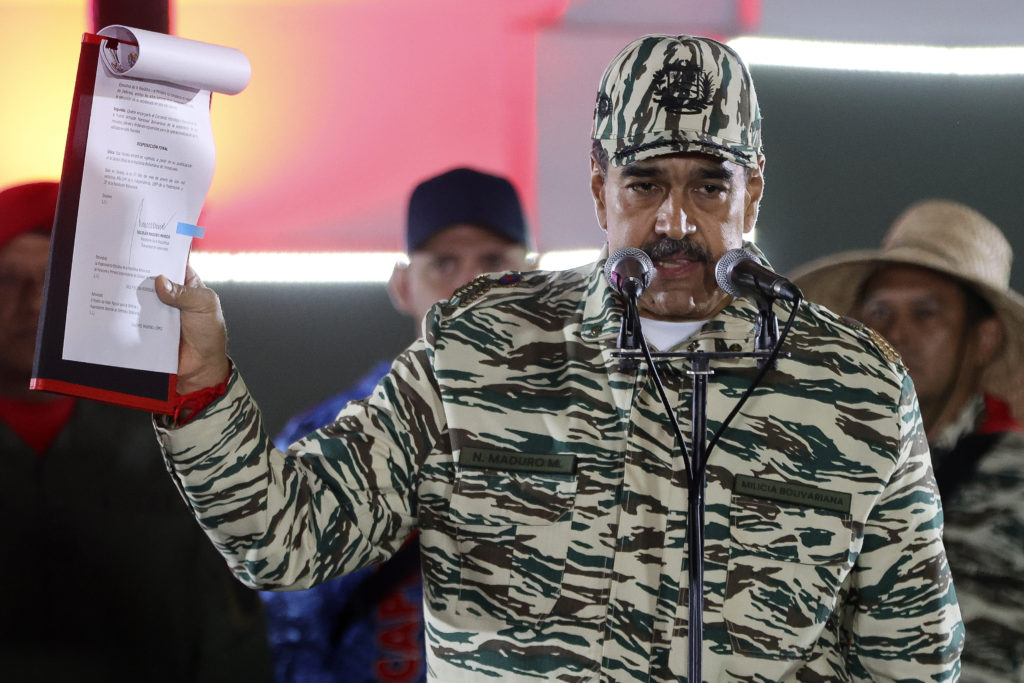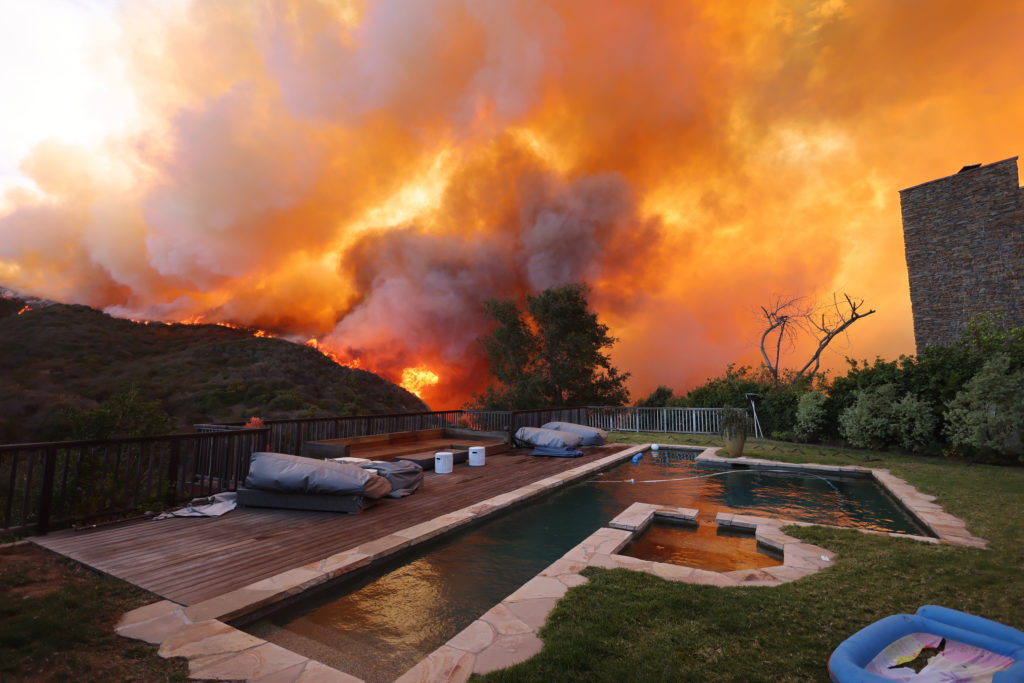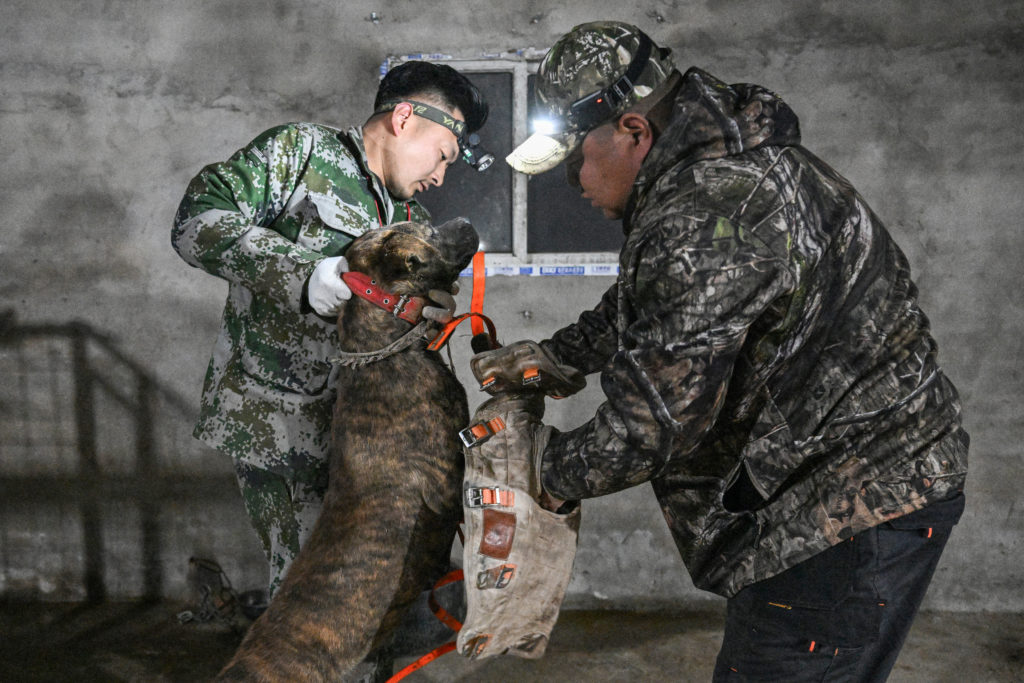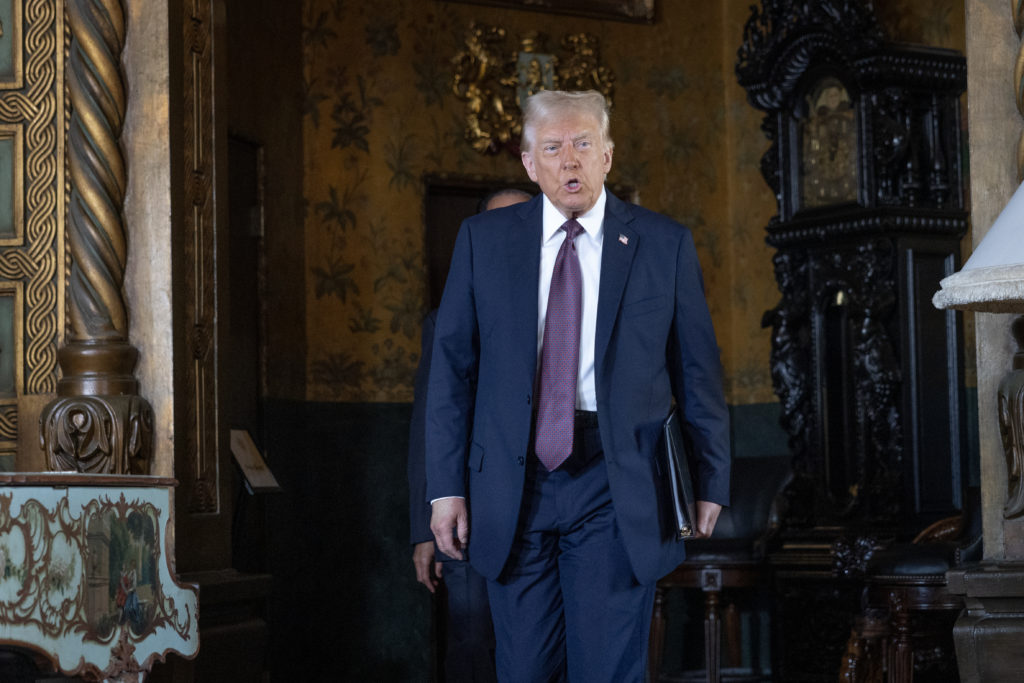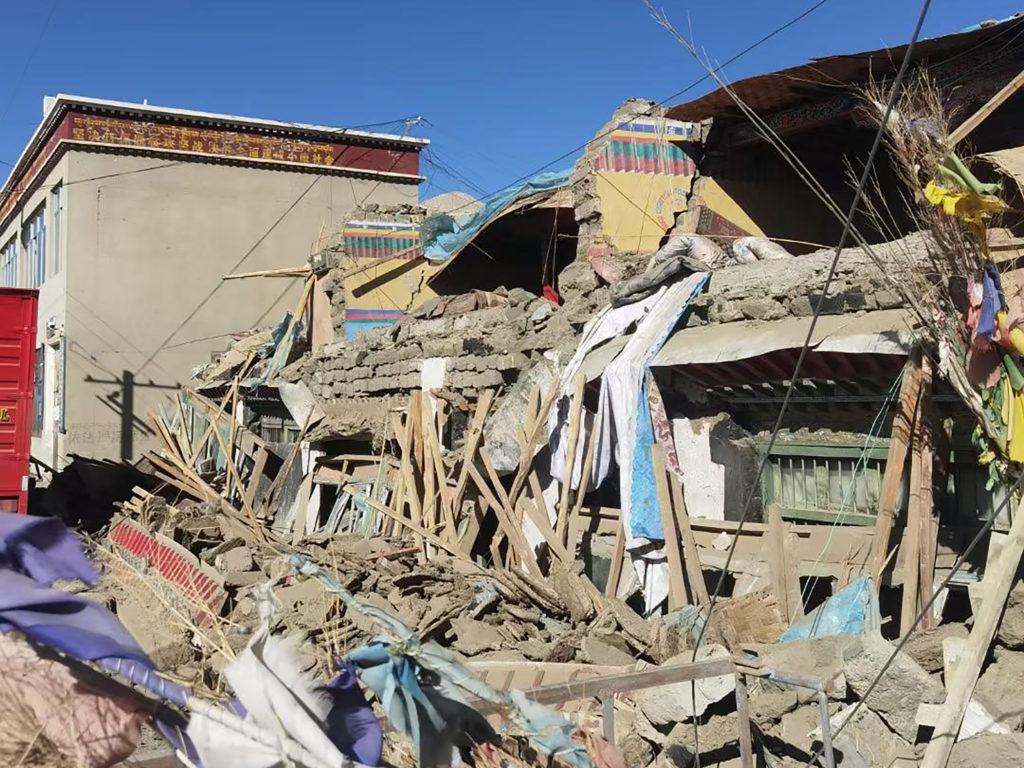The world’s most influential conservation congress, meeting in Marseille, will vote starting Wednesday on motions to protect and restore nature, including several that are mired in controversy.
The International Union for the Conservation of Nature (IUCN) does not set global policy, but its recommendations have in the past served as the backbone for UN treaties and conventions, and will help set the agenda for upcoming UN summits on food systems, biodiversity and climate change.
– Safeguarding the Amazon –
An umbrella organisation representing more than two million indigenous peoples across nine South American nations has called for 80 percent of the Amazon basin to be declared a protected area by 2025.
Over the last two decades, the Amazon has lost roughly 10,000 square kilometres every year to deforestation, much of it through fires set deliberately to clear land for commercial agriculture or cattle grazing.
This destruction combined with climate change, scientists have warned, could push the world’s largest tropical forest irretrievably past a “tipping point” into a savannah-like landscape.
“That’s the emergency, not just for us but for humanity,” Jose Gregorio Diaz Mirabal, a leader of the Curripaco people in Venezuela, told AFP.
– ‘Protected areas’ –
One of the most hotly debated motions calls for designating at least 30 percent of the planet’s land and water surface as protected areas. Many scientists and conservationists advocate for a more ambitious “half-Earth” target, and point out that any such areas will be meaningless if not backed up by rigorous monitoring and enforcement.
A similar proposal is at the heart of a draft UN treaty — slated for completion next year at a biodiversity summit in Kunming, China — to halt and reverse the destruction of nature, especially the accelerating loss of wild plants and animals.
The pace at which species are going extinct is 100 to 1,000 times the normal “background” rate, a widely accepted threshold for the kind of mass-extinction event that has only occurred five times in the last half-billion years.
– Deep-sea mining –
The IUCN’s 1,400 members — government agencies, NGOs and indigenous people’s organisations — must also decide whether to recommend a moratorium on deep sea mining and reform of the International Seabed Authority (ISA), a intergovernmental regulatory body.
Industry says unattached rocks on the ocean floor some five kilometres below the waves are a greener source of minerals — manganese, cobalt, nickel — needed to build electric vehicle batteries. Scientists counter that seabed ecosystems at that depth are fragile, and could take decades or longer to heal once disrupted.
NGOs tracking the discussion in contact groups Wednesday said several countries — including Germany, which sits on the ISA Council — were indicating support for the ban.
– Climate change commission? –
The major drivers of species decline and extinction are habitat loss, hunting for food, poaching for animal parts, invasive species and environmental pollution.
But climate change is starting to loom large as a threat to wildlife, and a motion on the table would see the creation of a climate change commission within the IUCN.
“We would bring together the world’s experts on climate change to help shape the agenda around species,” said Craig Hilton-Taylor, head of the IUCN’s Red List Unit.
Some governments might object that such a commission would duplicate the work of other UN bodies dedicated to climate issues, he said.

